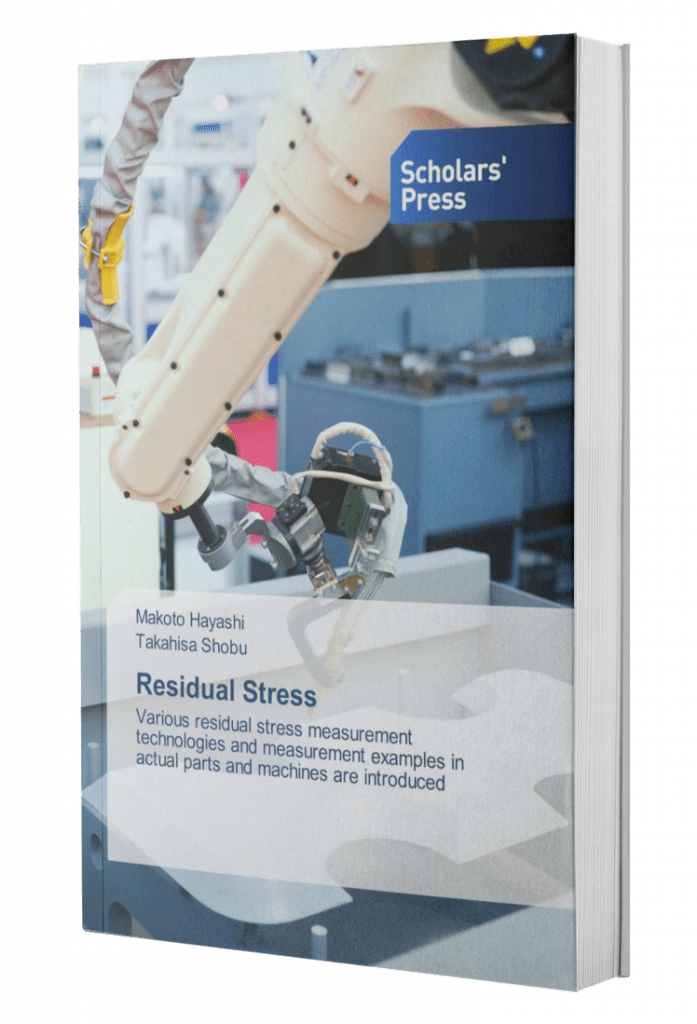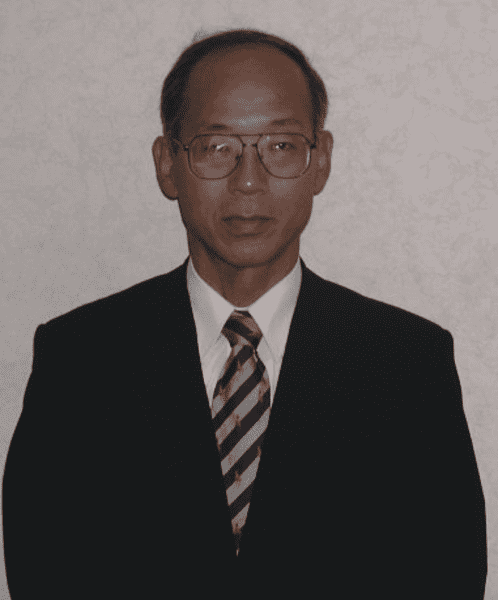Professional field:
Structural integrity, Fatigue strength, Fracture mechanics, Fractography
FEM analysis, NDI
X-ray and Neutron Diffraction (Residual stress, Texture, Powder diffraction)
Academic Society:
Japan Society for Mechanical Engineers (JSME)
The Society for Materials Science, Japan (JSMS)
Japan Society for Neutron Scattering (JSNS)
Academic award:
1) Technical Award of JSMS in 1991 (Potential drop method)
2) Technical Award of Japan Society for Atomic Energy in 1994 (PLR pump of BWR)
3) Technical Award of JSMS in 1996 (Corrosion damage inspection system)
4) Paper Award of JSMS in 1998 (Residual stress measurement by neutron diffraction)
5) Paper Award of Japan High Pressure Technology in 2000 (Simplified method for
residual stress measurement for complicated structure)
6) Achievement Award of Committee of X-ray Materials Strength, JSMS, in 2001
(Establishment of residual stress measurement technology by neutron diffraction)
7) Paper Award of Japan High Pressure Technology in 2004 (Redistribution of residual
stress due to crack extension by neutron diffraction)
8) Achievement Award of JSME in 2005 (Improvement of integrity of components in
nuclear power plant)
9) Performance Award of Materials and Mechanics Division, JSME in 2008
(Contribution for improvement of integrity of components in nuclear power plant)
10) Achievement Award of Materials and Mechanics Division, JSME in 2008
(Contribution for research activities concerning structural integrity)
11) Achievement Award of Japan Society of Neutron Science in 2015
(Establishment of residual stress measurement technique using neutron diffraction
and Contribution for industrial application of neutron scattering)
Number of papers: 149 including review papers
Number of books published (Joint authorship): 8
Titles of book:
1) Sensor and Diagnostic technology of instruments (1988)
2) Handbook of non-destructive testing (1992)
3) Handbook of fatigue design (1995)
4) Materials and mechanics for product development and Know-how for structure strength design (2002)
5) Macro and Microscopic Approach to Fracture, WIT Press, UK, (2003)
6) Material strength (Rev), (2005)
7) Fractography, (2010)
8) Residual Stress (2021)






